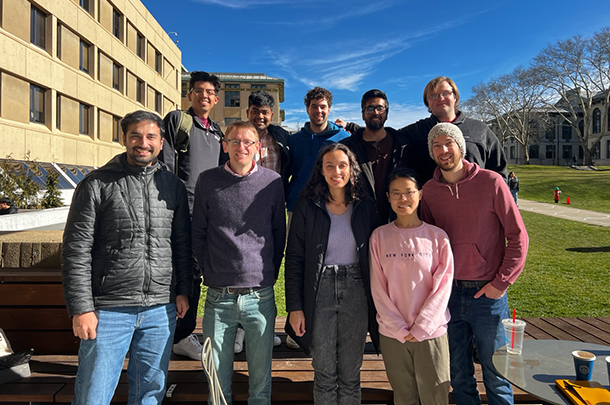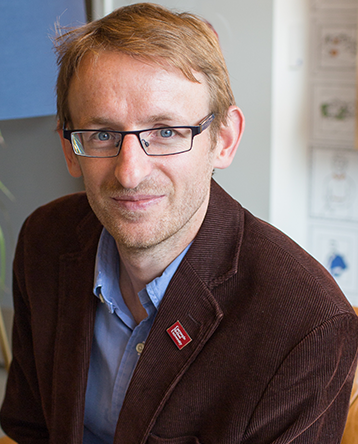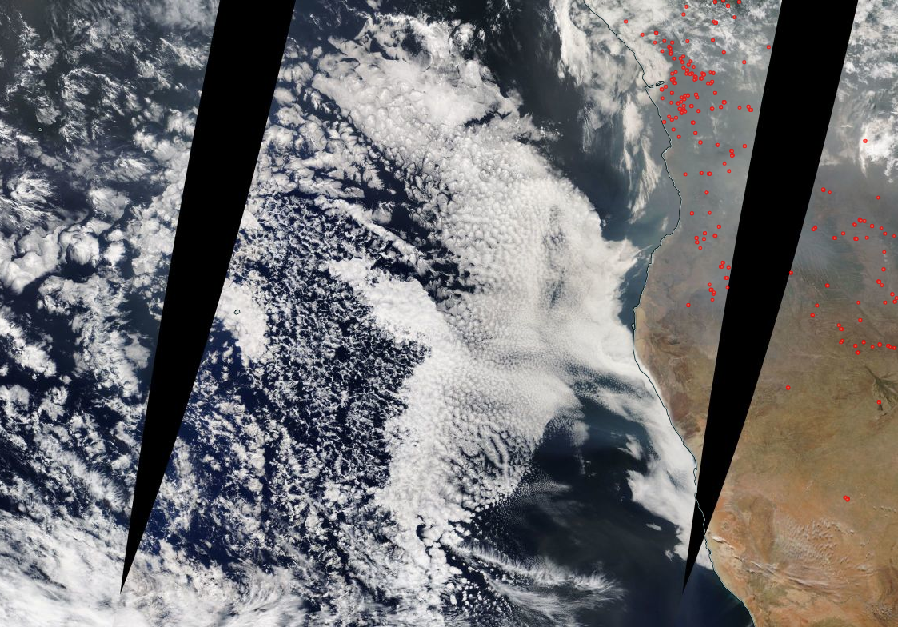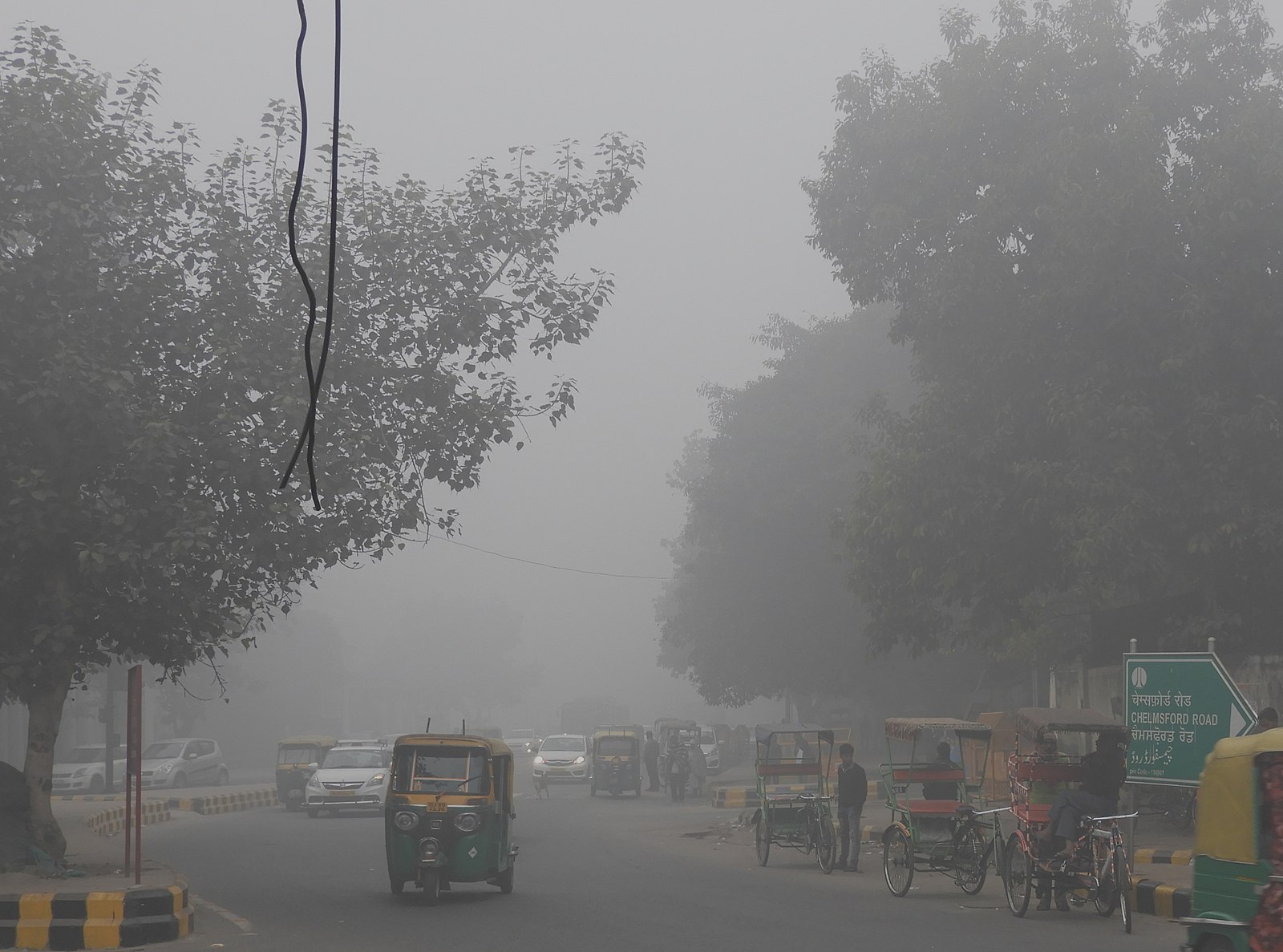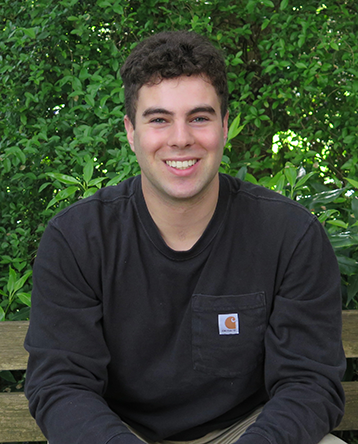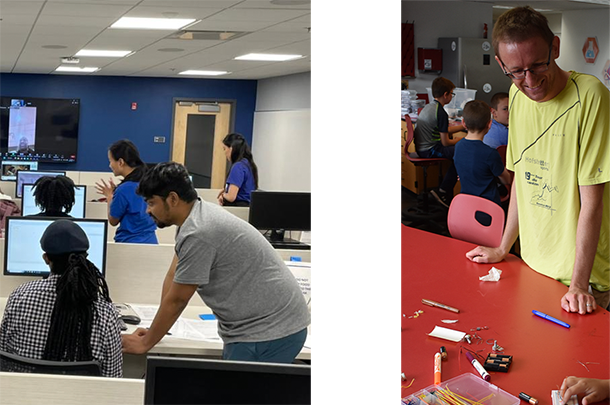The Gordon Group
Professor Gordon's research group is interested in how atmospheric particulate matter influences weather and climate, both directly and by interacting with clouds. Particles in the atmosphere may come from natural or anthropogenic (air pollution) sources. Every cloud droplet in our atmosphere formed around a particle, and so polluted clouds have more droplets in them. Clouds with more droplets are brighter so reflect more light back to the Sun. Therefore atmospheric particles generally cool the climate. However, some particles, usually those that are mainly soot, can absorb solar radiation and heat clouds up, causing them to evaporate, and this leads to a warming effect because clouds are more reflective than Earth's surface below them. Particles in the atmosphere also lead to reduced visibility, either as haze or by influencing the properties of fog. It is therefore important for aviation weather forecasts to account for particle concentrations. Finally, particles can also affect precipitation in clouds containing ice, leading to further complicated weather and climate effects. To understand atmospheric particles and their effects, we run simulations with the UK Met Office "Unified Model," which is used for both weather forecasting and climate prediction. Our research requires adding new code to the model to better represent both particles and clouds.
